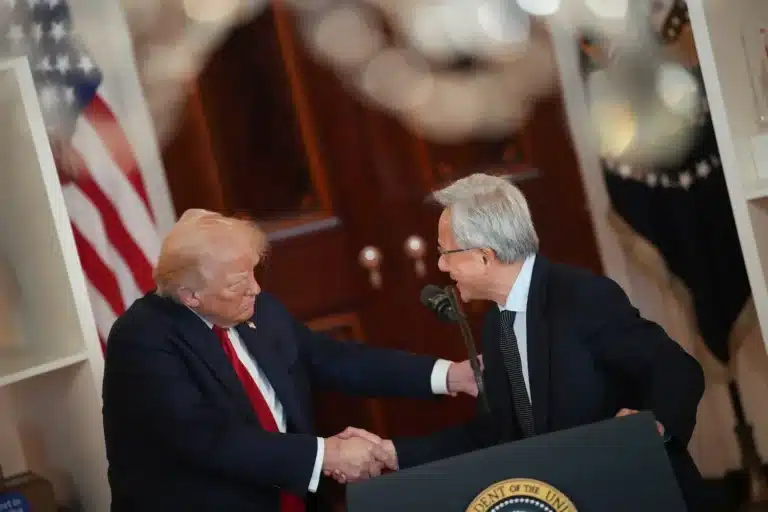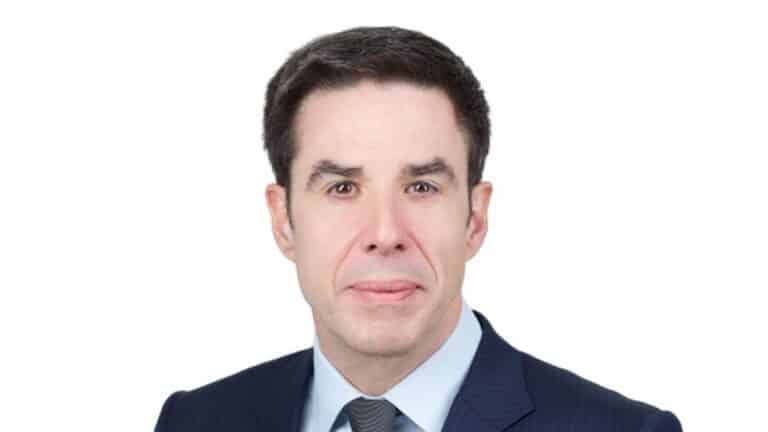This website uses cookies as well as similar tools and technologies to understand visitors’ experiences. By continuing to use this website, you consent to Columbia University’s usage of cookies and similar technologies, in accordance with the Columbia University Website Cookie Notice.
Climate Justice Series: Environmental Justice Movements From Mahad to Today
Past Event
March 22, 2024
10:00 am - 12:00 pm edt
In March 1927, the town of Mahad in western India made history when Columbia University alum and a founding father of modern India, Dr. Bhimrao Ambedkar (1891–1956) led his followers to drink water from a tank previously reserved for the so-called “upper” castes. Almost 100 years later, clean water is at the heart of the climate crisis and access to it remains a metaphor for the struggles of marginalized communities everywhere, including in the United States.
On March 22, please join us for “Environmental Justice Movements From Mahad to Today,” an event that will explore how transnational solidarities may support large-scale interventions to advance social and climate justice globally. The speakers will present an anti-caste conception of environmental justice through the past and present of Mahad as well as examine current blindspots to structural inequality in climate movements. Importantly, they will also share examples of ongoing state-level interventions that hold promise for transformation.
This event is co-sponsored by the India Program at the Center on Global Energy Policy (CGEP) at Columbia SIPA, the Ambedkar Initiative at the Institute for Comparative Literature & Society, the SIPA Diversity, Equity, Inclusion, Climate & Engagement (DEICE) Committee, Columbia Climate School, and South Asia Institute.
Two experts, writer and Ph.D. candidate Thomas Crowley and scholar of environmental policy and politics Dr. Prakash Kashwan, will be in a conversation moderated by Dr. Anupama Rao, director, Columbia University’s Institute for Comparative Literature and Society and the convenor of the Ambedkar Initiative. In opening remarks, Deepali Srivastava, editor of CGEP’s Energy Explained and convenor of this series, will present key takeaways from the previous three webinars.
—
This webinar will be hosted via Zoom. Advance registration is required. Upon registration, you will receive a confirmation email with access details. The event will be recorded and the video recording will be added to our website following the event.
This event is open to press, and registration is required to attend. For media inquiries or requests for interviews, please contact CGEP Communications ([email protected]).For more information about the event, please contact [email protected].
More Events
Powering Data Centers: Nuclear Energy and Emerging Careers
The Center on Global Energy Policy at Columbia University SIPA's Women in Energy initiative and Accenture invite you to join us for an evening of conversation and networking...
395 9th Ave, New York

Columbia Global Energy Summit 2026
The Columbia Global Energy Summit 2026 is an annual event dedicated to thought-provoking discussions around the critical energy and climate challenges facing the global community.
Columbia University

Responsible Mining in Latin America: The Extractive Transition and Social License, a Crossroad for the Andean Region
The event is for CUID holders only. Please note: space is limited. The Center on Global Energy Policy at Columbia University SIPA invites Columbia University students to a...
Center on Global Energy Policy

Building Confidence in the Workplace
The Center on Global Energy Policy at Columbia University SIPA’s Women in Energy initiative invites you to join us for an interactive workshop on building confidence in the...

Relevant
Publications
The Nvidia Chip Deal Is a National Security Disaster Waiting to Happen
Trump’s latest proposal would cede the United States’ AI advantage.

Beyond Tariffs: Coercive US Trade Deals and Southeast Asia’s Clean Energy Future
Two trade agreements recently negotiated by the Trump administration contain novel and coercive provisions with little precedent in US trade policy or the global trade system.

Energy is the next battlefield
Without transatlantic alignment, we risk forfeiting the very advantages our alliance was built to protect.

